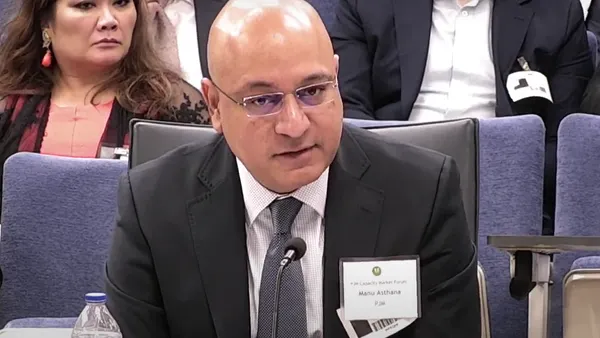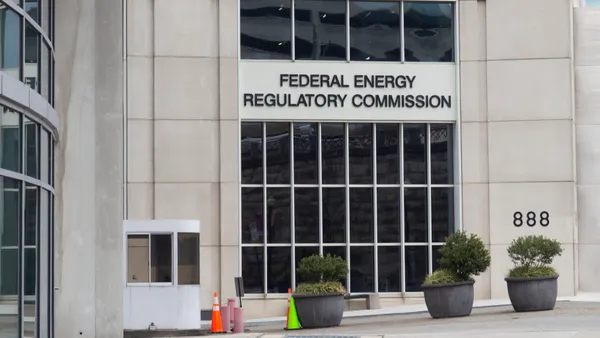Dive Brief:
- In creating its own municipal utility, the City of Boulder expects to initially spend “significantly more than we have been spending on an annual basis so far” to hire new employees, obtain power contracts, set up billing and dispatch operations, and take over Xcel Energy's electricity distribution system.
- Boulder added $300,000 to its municipalization budget in each of the last two years and budgeted $2.3 million for the transition in 2014 as it moves from research to operations. The city expects legal costs to increase.
- Boulder estimates the cost of Xcel’s system at $120 million and voters have authorized spending $214 million but Xcel’s as-yet-unreleased valuation is expected to be much higher.
Dive Insight:
Officials say cost estimates must be weighed against the annual $30 million in estimated profit Xcel has earned from servicing Boulder that will be re-invested in infrastructure and innovation instead of paying corporate shareholders.
There are two transition plan scenarios, one in which Boulder and Xcel cooperate on an orderly two-year transition for which costs can be foreseen, and another in which a legal struggle with Xcel takes up to two years and Boulder has to prepare for taking sudden responsibility in December 2016 without knowing whether or not it can afford municipalization.
Cost and the things that make “safety and reliability” uncertain will, according to consultant PowerServicesInc.’s report, be “amplified” if Xcel is uncooperative, and Xcel has so far fought turning over its distribution system, including nine substations and the Boulder transmission line.
Xcel just asked a Boulder District Court judge to throw out the city’s condemnation lawsuit, arguing the Colorado Public Utilities Commission has jurisdiction. Xcel plans to withhold further cooperation until the dispute is resolved. If Xcel blocks the municipalization, Boulder’s costs will not be recoverable.













